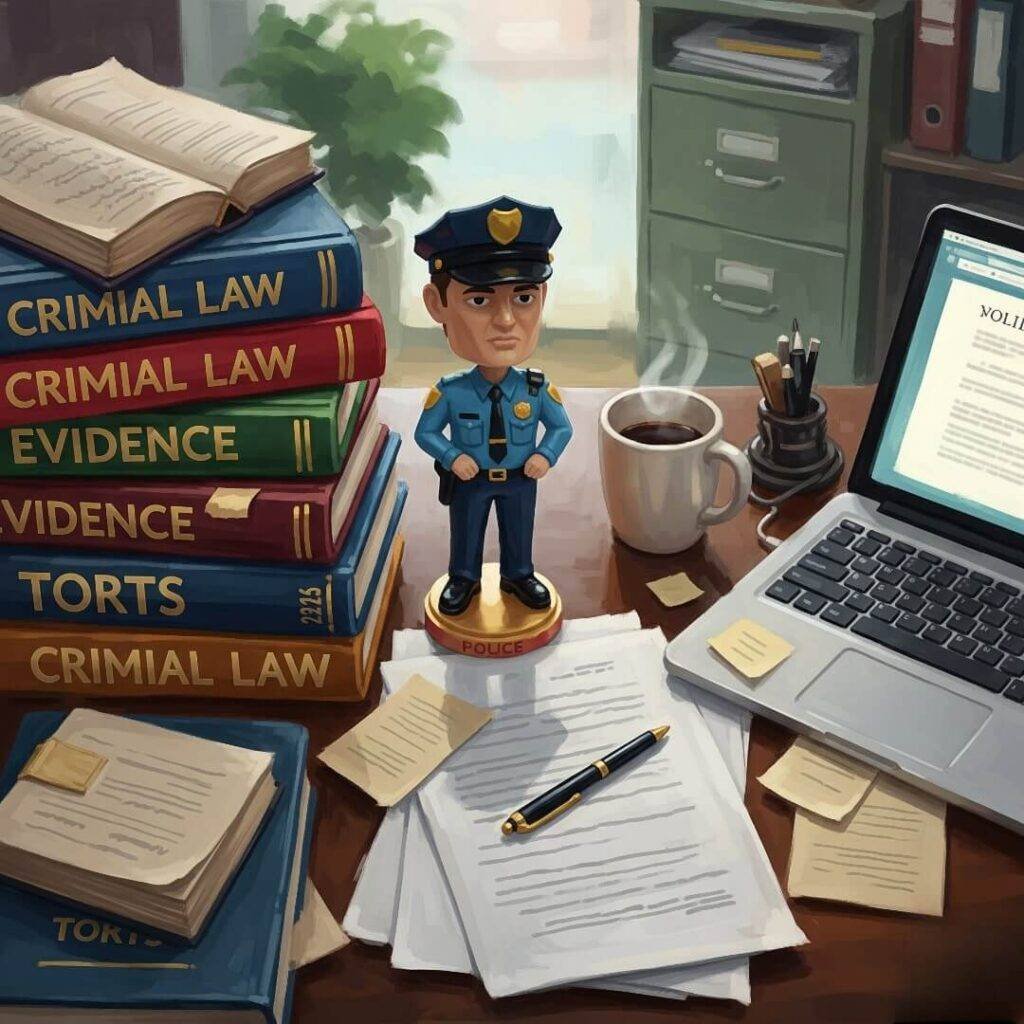So, what to do after an arrest? Man, it’s like getting sucker-punched by life itself. I’m sitting in my cramped Brooklyn apartment, the radiator clanking like it’s got a personal vendetta, and the smell of burnt toast from this morning’s breakfast fail is still lingering. My cousin Joey’s arrest a couple years back is burned into my brain—2 a.m. call, voice all shaky, and me, sprawled on my couch, scrolling through Google like a total noob. I was a hot mess, and I’m not afraid to admit I screwed up trying to help. Here’s the raw, unfiltered scoop on what criminal defense lawyers say you should do, mixed with my own fumbles and some hard-learned lessons from the US streets.
Why Knowing What to Do After an Arrest is a Total Game-Changer
Okay, real talk: the second after an arrest, your brain’s like a hamster on a wheel—freaking out, going nowhere fast. I was at a deli in Flatbush last week, grabbing a pastrami sandwich, when I overheard this dude ranting about his brother’s arrest. Took me right back to Joey’s mess. Criminal defense lawyers, like the folks at The Marshall Defense Firm, drill this into you: shut your mouth. Like, for real, don’t say a word to the cops except, “I want my lawyer.” Joey almost blabbed everything because he thought he could “explain.” Nope. That’s how you dig a deeper hole.
- Zip it. Cops aren’t your buddies, even if they’re acting all nice.
- Demand a lawyer. Say it loud, say it proud—it’s your right.
- Don’t sign stuff. Joey nearly signed some random form, and I’m like, dude, what?!

My Big, Dumb Mistake After Joey’s Arrest
Here’s where I get real: I totally botched trying to help Joey. The pros at Spolin Law say that’s rule number one for what to do after an arrest. I felt like such an idiot, but it taught me to leave it to the experts. Lawyers know the system; I know how to mess things up.
Here’s the deal, based on my screw-ups:
- Get a lawyer, not your cousin. I’m no hero, and neither are you. Call a pro.
- No social media rants. I almost tweeted “Free Joey!”—thank God I didn’t. That’s a courtroom disaster waiting to happen.
- Jot down details. Like, what time it happened, what the cop said. It helps later.
What to Do After an Arrest When You’re Losing It
Let’s talk about the panic. When Joey called, I was in my stained sweatpants, the TV blasting some trashy reality show, and my heart was pounding like I’d chugged three Red Bulls. You’re gonna feel like the world’s crumbling, but criminal defense lawyers say that’s normal. According to Nolo, you might get a shot at bail, so figure out if you’ve got cash or need a bondsman. I spilled coffee all over my desk trying to find Joey’s paperwork, my hands shaking so bad I could barely hold my phone. It’s chaos, but you gotta focus.

The Bail Thing is Stress City
Bail’s a nightmare. Joey’s was set crazy high, and I was calling every aunt and uncle to scrape together cash. I didn’t know you could sometimes negotiate it down with a lawyer’s help. Criminal defense pros say act fast—call a bondsman if you’re broke. I was crying into my bodega coffee at 4 a.m., wishing I’d known better. FindLaw has solid tips on navigating bail if you’re curious.
How Criminal Defense Lawyers Save You After an Arrest
Lawyers are straight-up lifesavers. Joey’s attorney was like a wizard, laying out what to do after an arrest like it was no big deal. They reviewed the charges, caught a cop’s mistake, and gave Joey hope. I remember us grabbing burgers after his first lawyer meeting, the diner smelling like fries and ketchup, and Joey finally smiling. Lawyers know the law inside out, talk for you, and spot loopholes. I’m no expert, just a dude who’s seen the magic they work.
- They’re law nerds. In a good way. They know stuff you’d never guess.
- They speak for you. No more dumb cousin phone calls (sorry, Joey).
- They keep you sane. Even when you’re a wreck, they’ve got you.
Wrapping It Up: My Messy Take on What to Do After an Arrest
Alright, I’m no guru, just a guy in Brooklyn with a creaky radiator and a cousin who got arrested. The street noise outside’s loud as hell, and I’m still kinda shook thinking about Joey’s ordeal. What to do after an arrest? Stay quiet, get a lawyer, and don’t try to play hero like I did. It’s scary, messy, and you’ll screw up sometimes, but you’ll get through it. I did—kinda. Anyway, that’s my two cents.

